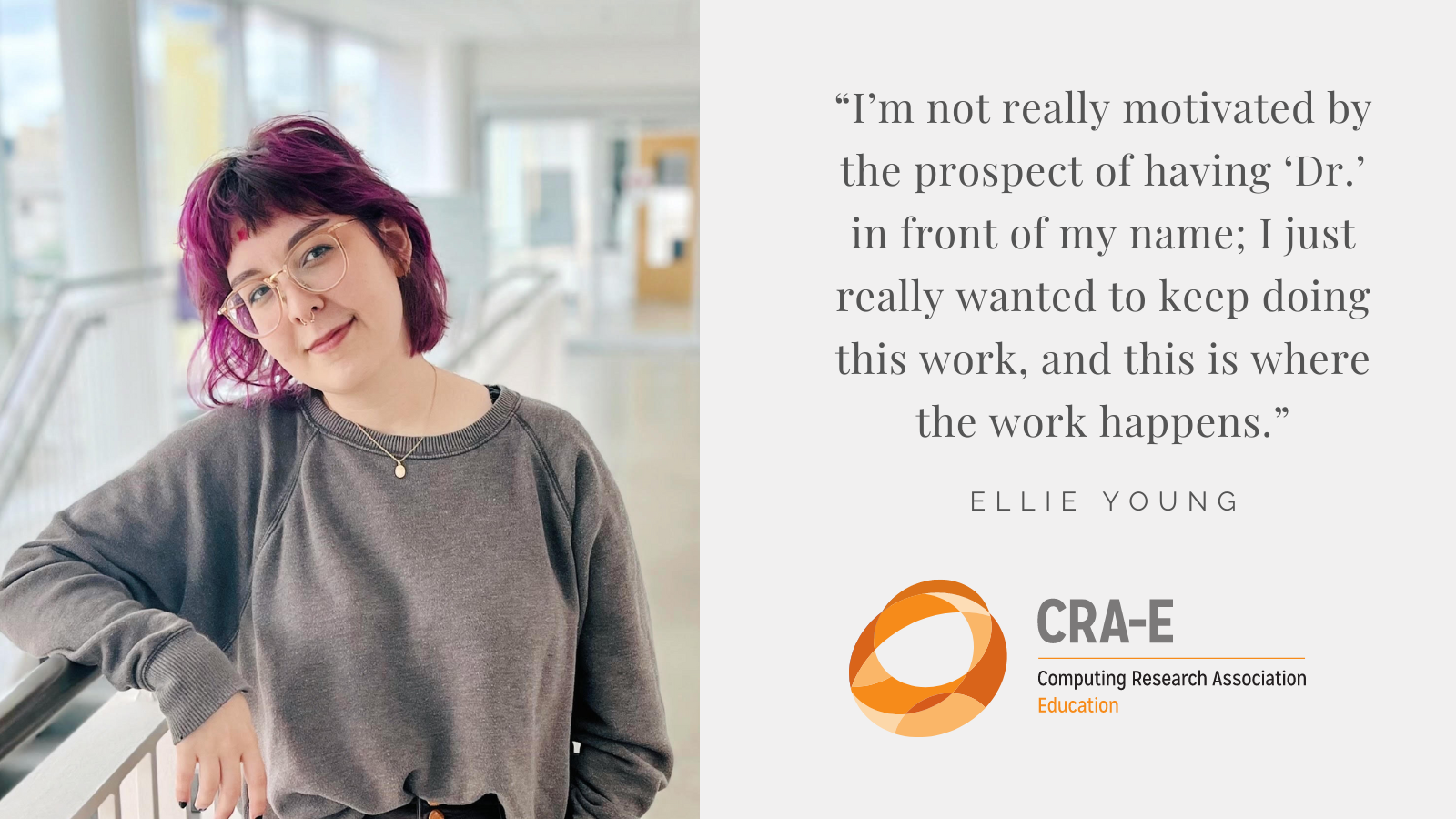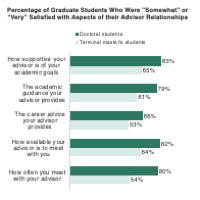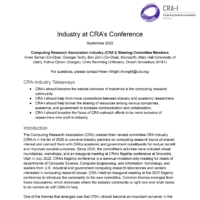CRA-E’s Undergraduate Research Highlights: Why am I seeing this ad? User experience research to make privacy more accessible
CRA-E’s “Undergraduate Research Highlights” series showcases outstanding research done by undergraduate students at universities and colleges across North America. Each article features the story of a successful undergraduate researcher and offers personal insights into their experiences with finding an advisor, undertaking new research projects, and discovering how research can impact their personal and professional future. It is one of a number of CRA-E’s activities that foster and recognize talented computing researchers with the goal of increasing the research pipeline, promoting graduate education, and advocating research-based careers.
In addition to helping students understand the process of getting involved in research, the articles also serve as a venue for students to pass along advice to others who aspire to become involved in research themselves. Students selected for the research highlights include those receiving recognition in the CRA Outstanding Undergraduate Researcher Award competition. This series is written and edited by CRA-E Graduate Fellows.
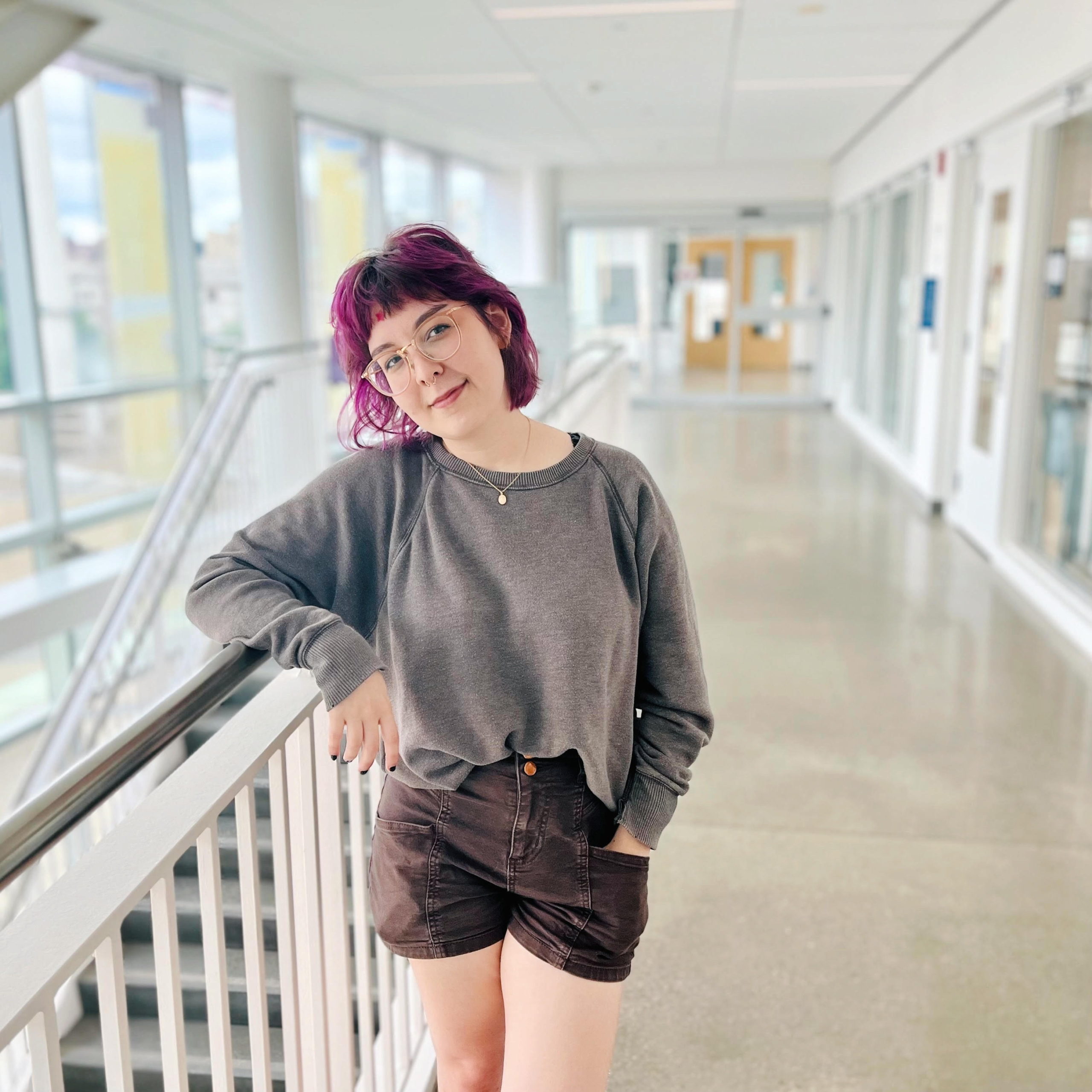 Why am I seeing this ad? User experience research to make privacy more accessible
Why am I seeing this ad? User experience research to make privacy more accessible
Ellie Young, B.A. Computer Science, New College of Florida
This Q&A highlight features Ellie Young, an Honorable Mention in the 2022 CRA Outstanding Undergraduate Researchers award program. Ellie graduated from New College of Florida and is now a Societal Computing Ph.D. student at Carnegie Mellon University. This interview has been edited for length and clarity.
Congratulations on your Honorable Mention! How did you first join the project you were recognized for?
As a computer science student, I was staring down the possibility of spending life after graduation making widgets for a huge corporate machine, unintentionally complicit in societal harm. I felt an obligation to do work with as little potential to hurt people as possible. Having really enjoyed a class in usable privacy and security and an initial research experience at my home institution, I applied to research programs, mainly in privacy/security and human-computer interaction. I also applied to the Research Experience for Undergraduates in Software Engineering (REUSE) at Carnegie Mellon University after a classmate recommended it. REUSE offered me a position working in the exact sub-area of usable privacy and security I was most excited about!
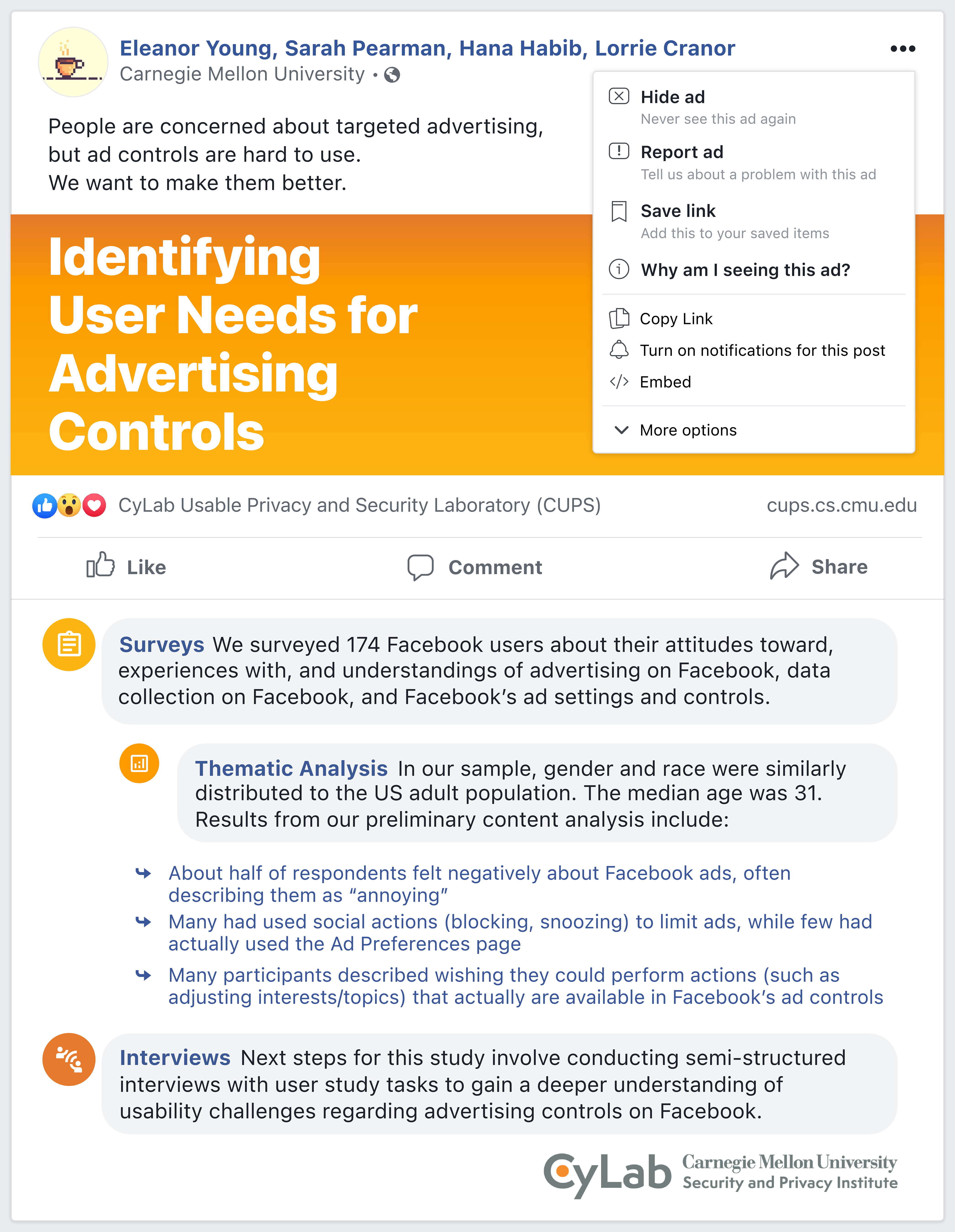
Poster on Facebook ad settings from the REUSE final presentation in Summer 2020. The final work, presented at the 2022 ACM Conference on Computer-Supported Cooperative Work and Social Computing (CSCW), includes results and discussion from the interview study mentioned at the bottom of this poster.
What did you end up working on in the REUSE program?
I was paired with two Ph.D. students in Dr. Lorrie Cranor‘s lab, Sarah Pearman and Hana Habib. For my first project, we wanted to test how usable Facebook’s ad settings were.
Poster on Facebook ad settings from the REUSE final presentation in Summer 2020. The final work, presented at the 2022 ACM Conference on Computer-Supported Cooperative Work and Social Computing (CSCW), includes results and discussion from the interview study mentioned at the bottom of this poster.
That experience was so fun that I convinced them to let me stay for the fall and spring. I completed REU program again the next summer and stayed through the academic year after that.
And now you’ve started a Ph.D. program in the same lab; can you tell us more about what influenced that decision?
I really enjoyed what I was doing (the UX and privacy research). To do this kind of research, especially straight out of college, you kind of have to be in a grad program. I’m not really motivated by the prospect of having ‘Dr.’ in front of my name, and I don’t really want to become a professor; I just really wanted to keep doing this work, and this is where the work happens.
Oh, and I liked Pittsburgh. (laughs) Pittsburgh’s awesome.
Can you speak to any differences between doing research at a small college versus a bigger university?
My advisor, Dr. Lorrie Cranor, essentially invented usable privacy and security. I was pretty intimidated at first—me, from a 600-person public school, working with the professor who literally wrote the book on my subject! I thought I was totally out of my element. But everyone in the lab was really nice and had the same nerdy interest in privacy as me. Sarah Pearman, the first Ph.D. student I worked closely with, went above and beyond to welcome me. Every day I’d bother her for advice about talking to professors and navigating academia. Eventually, I gained enough confidence to ask other Ph.D. students too. After enough conversations, I began to feel like I really belonged.
I also noticed that the group’s distribution, diversity-wise, was opposite to that of my undergrad. With only a dozen or so members, Dr. Cranor’s lab managed to have more female, nonwhite, neurodivergent, trans and non-binary individuals than the 50-some-strong cohort of computer science students at my home institution. I thought wow, I want to work in an environment like this—Dr. Cranor is clearly doing something right if these are the voices present in this lab.
How have you balanced your research activities with your other interests?
I think the culture of computer science, maybe even academia as a whole, over-emphasizes the archetypal genius who lives and breathes their work. I’ve found it can be easy to fall into this trap as a researcher—when you are one of the only people in the world working on your specific problem, I think it’s natural to make that work Your Thing. But I don’t want my identity to be my work, so I try to fit in as much not-research as I can. I’m admittedly not perfect at work-life balance, but I really make a conscious effort to do other things that make me happy: playing obscure Japanese video games, racing my car (LEGALLY), making vegan dinners, and bothering my cats. These things have no interplay with my research, and that is the point. Researching privacy has such a pervasive effect on my outlook; it’s important to find meaning elsewhere.
— Edited by Nadia Ady and Yasra Chandio
